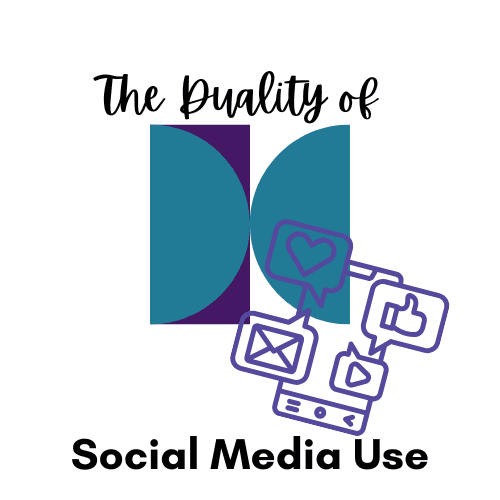A mental health concern that is not talked about enough is the realm of eating disorders. Much like suicide, eating disorders make others uncomfortable. When someone mentions they’re depressed, most people can relate to some extent and can sympathize. It’s easier to be there for someone with depression or anxiety. But when someone discloses an eating disorder, that’s difficult for people who have never experienced that to feel comfortable knowing what to say. Part of this is because of the many misconceptions about eating disorders.
This post will be part of a series discussing eating disorders.
Aren’t Eating Disorders a White Teenaged Girl Problem?
A common misconception is the stereotype we often see about who has an eating disorder. This is further complicated by all the media we’ve seen about who develops eating disorders (Lifetime movies, Netflix movies, etc). They almost always involve a teenaged girl and almost always from a white, middle class background. The reality is that anyone can develop an eating disorder. While those assigned female at birth are more likely to be diagnosed with one, that does not mean that those assigned male at birth do not develop them.
Those assigned male at birth make up about 10% of those with anorexia nervosa, for example. Considering that eating disorders generally are underreported and underdiagnosed, and that mental health disorders across the board are underreported and underdiagnosed for those who are AMAB, this number is likely smaller than the reality.
Eating disorders are also common within the LGBTQIA+ community and on the rise across all demographics. So this is one myth we need to forget.
People With Eating Disorders Just Need To (insert here)
If the behavior was easily controllable, then those who have an eating disorder would not engage with them. These behaviors are undoubtedly harmful, not only physically but psychologically, and no one engages in them willingly. Restricting heavily, purging of any kind, bingeing, or any combination of these behaviors are not something someone can just stop. There is also no easy fix for an eating disorder. If there was, then eating disorders would not be as harmful and deadly as they are.
You Can Tell What Disorder Someone Has By Looking at Them
This is another common misconception. Just because someone looks incredibly thin does not mean they have an eating disorder. Just because someone is over a certain weight does not mean they have an eating disorder. And, most importantly, just because someone is an “average” or “healthy” weight does not mean someone DOES NOT have an eating disorder. You cannot tell someone’s mental health, or physical health, by looking at them. Eating disorders must either be disclosed by the individual or diagnosed by a professional. And that’s it. No one else can speak on someone having or not having an eating disorder.



